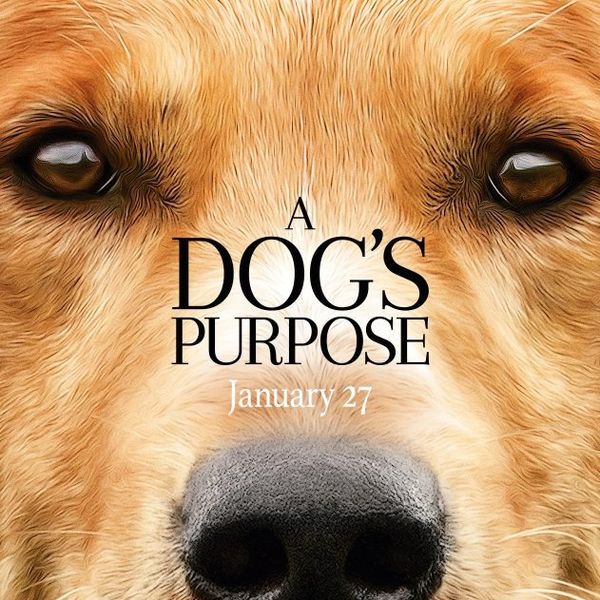Recently I’ve been trying to be a more conscious consumer. I bring old plastic bags with me to dining halls, religiously carry a reusable water bottle, avoid online shopping whenever possible, and buy clothing second hand. But while I try to have my environmental bases covered, I often forget to cover my moral bases.
After reading a New Yorker article by Molly Ringwald, I started to think about my role as a consumer of art and pop culture. Molly Ringwald, an actress known for her roles in John Hughes movies such as “The Breakfast Club,” “Pretty in Pink,” and “Sixteen Candles,” examines in her article the problematic aspects of the movies she starred in and whether those iconic films are or should still be relevant today.
While the #metoo movement has already brought some of these issues to the public eye, there is still much more to unpack. As allegations rolled out against men in Hollywood for their actions, the already present calls to boycott the films and projects of perpetrators such as Woody Allen or Kevin Spacey, have grown stronger. While many have their own opinions on whether this type of action is necessary or effective, I certainly see the merit in not contributing further to the fame and wealth of the people who committed these ugly acts.
However, the line gets fuzzier when the films, series, books, etc. are not produced by people who have done something explicitly wrong, but still perpetuate that same culture of misogyny and sexual exploitation. Prompted in part by the article, I thought back on some of the pop culture I personally have grown up on, and was disappointed, though not surprised, to realize how wrong some of the movies and shows I loved are.
A classic example is “How I Met Your Mother,” a T.V. show I have seen at least twice through (with that being a conservative estimate). And while I obviously never approved of the sexist and even openly rape-y character of Barney, a serial womanizer, it didn’t really occur to me to turn off the show and choose something else. Those same problematic punchlines that come at the expense of female, plus-sized, LGBTQ, or other marginalized characters are repeated over and over in almost any sitcom I’ve ever seen, from “Friends” to “That '70s Show.” The trend isn’t just T.V. shows either, but some of my personal favorite comedies and rom-coms. I try not to think too hard about how transphobic the whole concept behind “She’s The Man” is, for example.
Acknowledging that the movies and shows I love are sexist is bad enough, but a voice inside me resists condemning them totally. That voice whispers to me that comedy is supposed to be offensive, and it’s all just joking. But that voice is absolutely wrong. I may have to remind myself that occasionally, but funny doesn’t have to be racist, sexist, homophobic, or transphobic. Proving that are Trevor Noah, Sasheer Zamata, Kate McKinnon, and all the other talented comedians that can be genuinely funny without taking cheap shots at marginalized groups.
In her article, Molly Ringwald argues that despite their “blind spots” as she calls them, the movies she starred in are still valuable in the message of empowerment they gave to teenagers. But is the same true of sitcoms and shows with less artistic value? I don’t really know, but I think denouncing them totally probably won’t help. They are pop culture milestones that whether we agree with them or not, will remain relevant, at least for the foreseeable future.
While that may be true for older, already successful shows and movies for those still on the air or coming out now, we can make a choice. We can be conscious consumers and make a point that we demand jokes that don’t degrade others — comedy and art of a higher order. Because more and more, we see that it’s not just possible, but even funnier and more relatable.


















